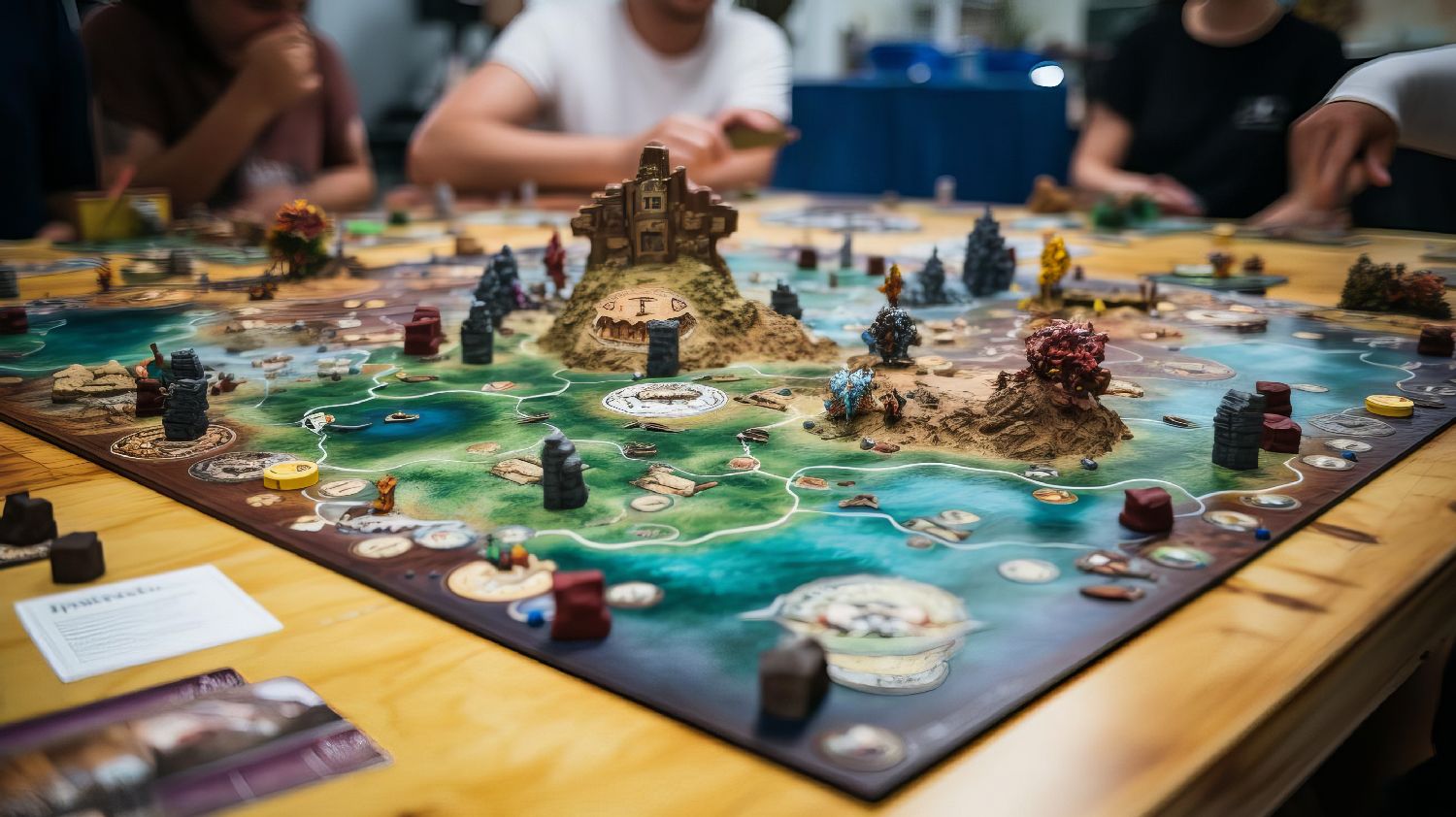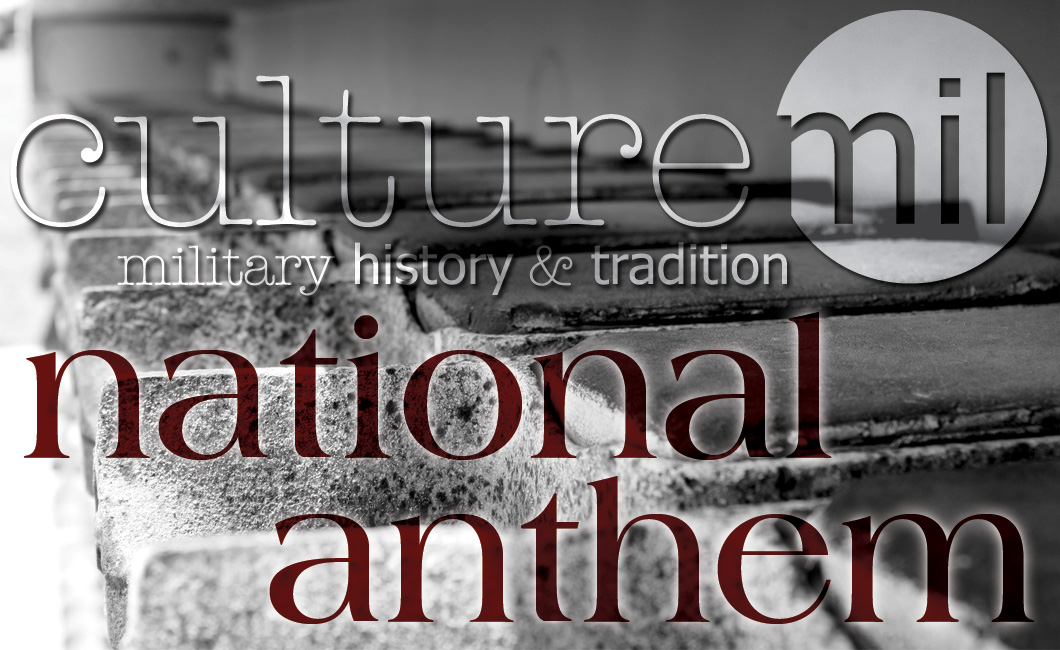- amhistory.si.edu/starspangledbanner/
- baltimore.org/guides-interests/national-anthem
- national-anthems.org/history.php
- music.army.mil/music/nationalanthem/
- princeton.edu/~achaney/tmve/wiki100k/docs/The_Star-Spangled_Banner.html
Written by Jenifer Chrisman on April 21, 2015.
The Star Spangled Banner
O say can you see, by the dawn’s early light,
What so proudly we hail’d at the twilight’s last gleaming,
Whose broad stripes and bright stars through the perilous fight
O’er the ramparts we watch’d were so gallantly streaming?
And the rocket’s red glare, the bombs bursting in air,
Gave proof through the night that our flag was still there,
O say does that star-spangled banner yet wave
O’er the land of the free and the home of the brave?
On the shore dimly seen through the mists of the deep
Where the foe’s haughty host in dread silence reposes,
What is that which the breeze, o’er the towering steep,
As it fitfully blows, half conceals, half discloses?
Now it catches the gleam of the morning’s first beam,
In full glory reflected now shines in the stream,
’Tis the star-spangled banner - O long may it wave
O’er the land of the free and the home of the brave!
And where is that band who so vauntingly swore,
That the havoc of war and the battle’s confusion
A home and a Country should leave us no more?
Their blood has wash’d out their foul footstep’s pollution.
No refuge could save the hireling and slave
From the terror of flight or the gloom of the grave,
And the star-spangled banner in triumph doth wave
O’er the land of the free and the home of the brave.
O thus be it ever when freemen shall stand
Between their lov’d home and the war’s desolation!
Blest with vict’ry and peace may the heav’n rescued land
Praise the power that hath made and preserv’d us a nation!
Then conquer we must, when our cause it is just,
And this be our motto - “In God is our trust,”
And the star-spangled banner in triumph shall wave
O’er the land of the free and the home of the brave.
On September 14, 1814, Francis Scott Key gazed upon those “broad stripes and bright stars” raised by the soldiers at Baltimore’s Fort McHenry during the War of 1812. The pennant still flying, having survived a night of bombardment by the British Royal Navy ships in Chesapeake Bay, inspired Key to write the words to the historic poem “Defense of Fort McHenry.” This victory was one of the key moments of the war against British forces.
A lawyer and an amateur poet, Key wrote the first verse of the poem on the back of a letter. After his return to Baltimore from the frigate where he watched the battle in Baltimore harbor, he completed the remaining three verses. The words were soon put to music to the popular melody of the time, “To Anacreon in Heaven,” to which Key had fashioned them as he wrote the poem.
The military adopted The Star Spangled Banner for ceremonial purposes and required it be played at the raising and lowering of the colors by the 1890s, with the Navy officially recognizing it for use in 1889. President Woodrow Wilson ordered it be played at military and naval occasions beginning in 1916. But despite its popularity, The Star Spangled Banners was not designated the official national anthem until March 3, 1931, by an Act of Congress (46 Stat. 1508, codified at 36 U.S.C. § 301) and signed by President Herbert Hoover.
Key’s powerful words memorialize the personal values and ideals each person associates with flag and country. He has given a unity and solidarity to our nation’s military and to America as a whole. In Key’s own words, “And the star-spangled banner in triumph shall wave, O’er the land of the free and the home of the brave.”
Sources:




